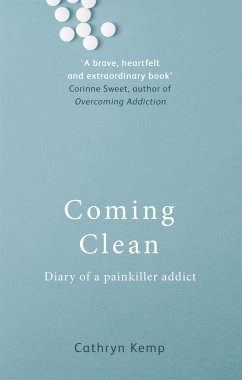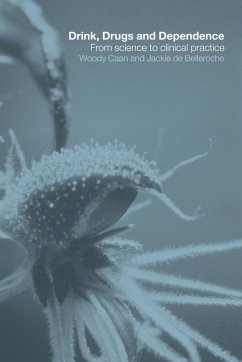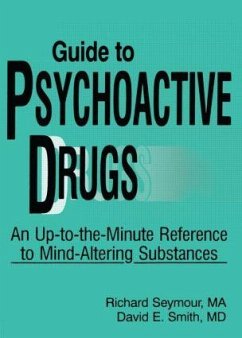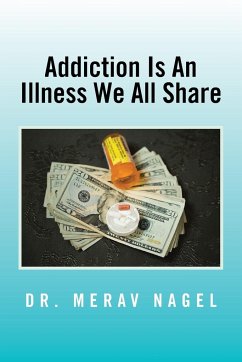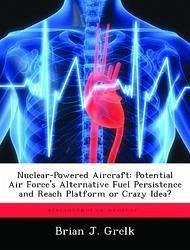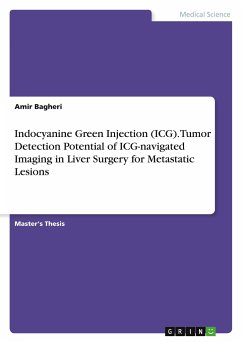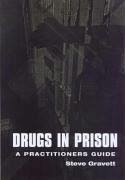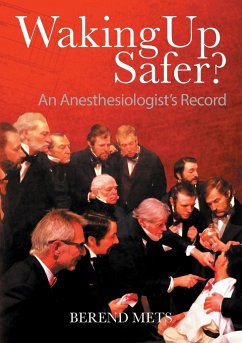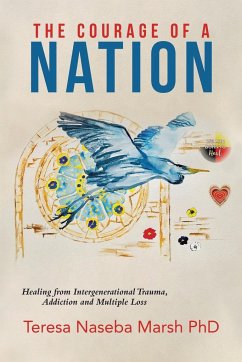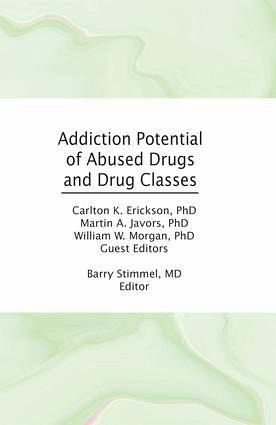
Addiction Potential of Abused Drugs and Drug Classes
Versandkostenfrei!
Versandfertig in 1-2 Wochen
18,99 €
inkl. MwSt.
Weitere Ausgaben:

PAYBACK Punkte
9 °P sammeln!
Increase your awareness of the relative addiction liabilities of various drugs and drug classes that are commonly abused. A timely and masterful new book, Addiction Potential of Abused Drugs and Drug Classes clarifies, in contemporary terminology, the state of addiction liability of cocaine, opiates, alcohol, sedative-hypnotics, nicotine, anxiolytics, marijuana, inhalants and anesthetics, and PCP and hallucinogensthe nine drugs that are most abused today. Authorities combine their research expertise with the available scientific literature to evaluate those factors which contribute to the addi...
Increase your awareness of the relative addiction liabilities of various drugs and drug classes that are commonly abused. A timely and masterful new book, Addiction Potential of Abused Drugs and Drug Classes clarifies, in contemporary terminology, the state of addiction liability of cocaine, opiates, alcohol, sedative-hypnotics, nicotine, anxiolytics, marijuana, inhalants and anesthetics, and PCP and hallucinogensthe nine drugs that are most abused today. Authorities combine their research expertise with the available scientific literature to evaluate those factors which contribute to the addictive qualities of drugs.




